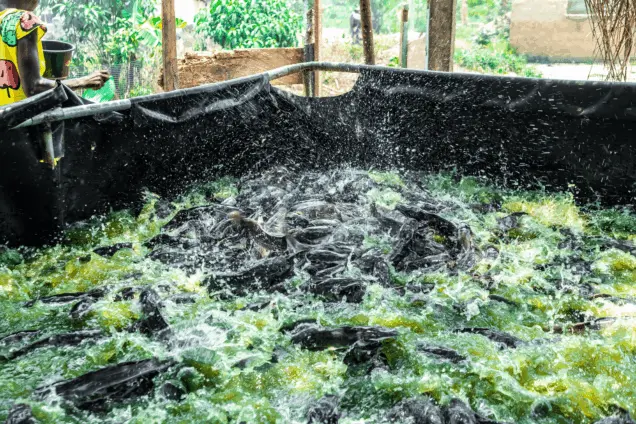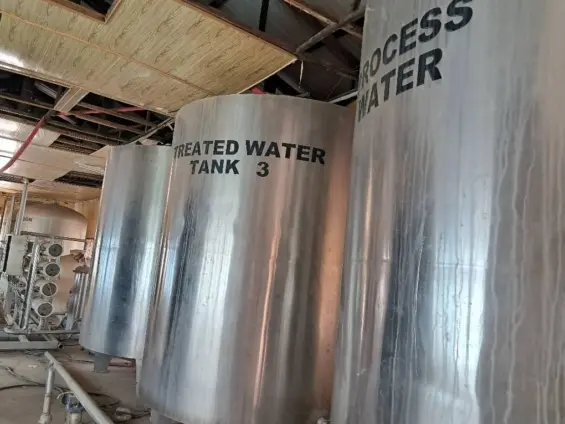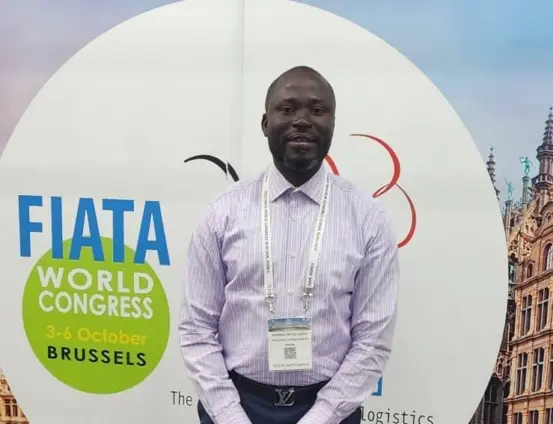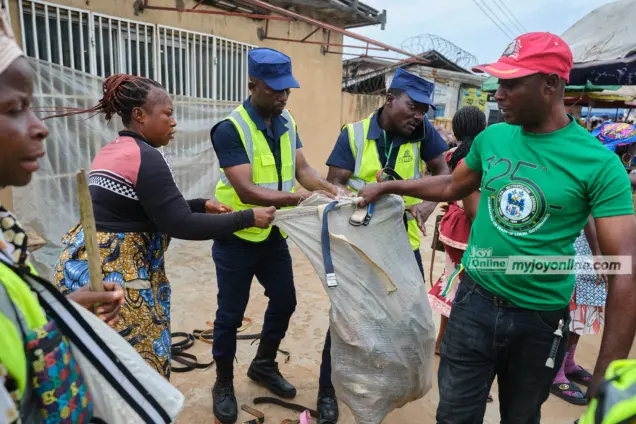In the heart of Ghana’s Eastern Region, a quiet revolution is underway, fueled by the Kosmos Innovation Center (KIC) and the Mastercard Foundation. In Kade, a community known for its oil palm production, an innovative program is empowering rural women with the skills to cultivate a different kind of harvest: catfish. This KIC livelihood initiative offers an alternative source of income and a path toward economic independence, underscoring the crucial role of aquaculture in diversifying livelihoods and bolstering food security.
For generations, these women have relied on the seasonal cycles of oil palm. But now, through targeted training and resource support, they are learning the intricacies of aquaculture, from pond management to feeding techniques. The program is not just about fish farming; it’s about fostering resilience and creating sustainable agricultural practices within the region.
With the support of the Mastercard Foundation, the Kosmos Innovation Center extended its capacity-building efforts to Kade, focusing on women already involved in oil palm production. The training program, delivered in collaboration with the Department of Agriculture’s livestock officer at Kwaebibirem, provides a comprehensive introduction to the fundamentals of aquaculture. Participants learn about pond management, fingerling selection, feeding techniques, and how to navigate market access.
“We are excited to learn something completely different but very useful,” said Rukaya Ahmed, one of the participants, capturing the prevailing sense of optimism and anticipation.
The benefits of this aquaculture training extend far beyond the individual ponds. It offers a crucial diversification of household incomes, particularly important during the off-seasons for oil palm. This year-round economic activity provides practical experience in a burgeoning field, opening new avenues for economic growth and empowering women through financial independence.
KIC’s vision extends beyond individual empowerment; it aims to cultivate a network of agribusiness entrepreneurs across the country. By emphasizing alternative opportunities for financial freedom, particularly for women, KIC is strategically deploying catfish farming as a practical tool to improve income and strengthen their role as economic leaders within their communities. This initiative also incorporates environmental sustainability, promoting best practices that minimize the ecological footprint of fish farming.
“At KIC, we recognise that empowering women in agriculture goes beyond training, it’s about creating alternative opportunities for financial freedom. By introducing catfish farming, we are giving these women a practical tool to improve their income and strengthen their roles as economic leaders in their communities,” said Mercy Tuffour, KIC’s Gender and Safeguarding Specialist.
KIC ensures the sustainability of its aquaculture programs by promoting small-scale, manageable models of catfish production, ideal for backyard ponds. Participants also receive basic bookkeeping training, equipping them with the skills to manage their ventures effectively. The integration of best practices further minimizes the environmental impact of their fish farming activities.
KIC’s broader mission is to drive innovation in agriculture by supporting entrepreneurs in both urban and rural communities. By empowering rural women, KIC aims to transform local economies, contribute to food security, and develop resilient agricultural value chains that create jobs for young people.
“Our mission is to drive innovation in agriculture by supporting entrepreneurs in urban and local communities. With the right skills and support, rural women have the power to transform local economies and create a lasting impact,” said Benjamin Gyan-Kesse, Executive Director of KIC.
Looking ahead, KIC continues to work closely with local stakeholders to monitor progress and provide ongoing technical support. The long-term vision is to create a ripple effect, inspiring more women to embrace economic independence through agribusiness innovation. Through strategic partnerships and targeted interventions, KIC aims to reshape the landscape of agriculture in Ghana, placing women at the forefront of this transformation.
The aquaculture initiative in Kade serves as a powerful example of how targeted training and resource provision can empower rural women, diversify income streams, and promote sustainable agricultural practices. By providing the women of Kade with the skills and resources to engage in catfish farming, KIC is not only fostering economic independence but also contributing to food security and resilience within the region. The Kosmos Innovation Center remains steadfast in its commitment to championing women in rural communities, recognizing their pivotal role in driving lasting economic growth and innovation.
Image Source: MYJOYONLINE





















